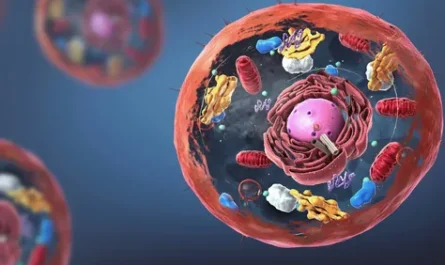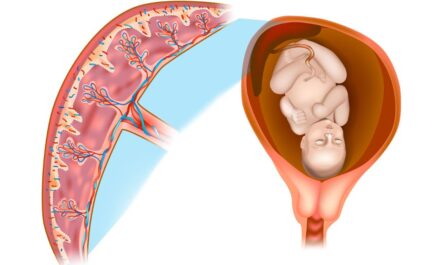Researchers from the University of Illinois Chicago, along with experts from other universities, have made significant progress in identifying mechanisms that cause the drug ponatinib to have harmful effects on the heart. Their findings, published in Circulation Research, shed light on potential treatment options that could reverse this process and make the drug safer for patients.
Ponatinib is a chemotherapy drug that is often the only choice for leukemia patients who are resistant to other treatment options. However, the drug carries a high risk of heart failure, leading to concerns about its potential long-term side effects. In fact, it was temporarily withdrawn from the market in 2012 due to these concerns.
The researchers focused on understanding how ponatinib interacts with the heart cells responsible for contraction. They discovered that the drug damages these cells by activating a process called the integrated stress response. This response is triggered by an enzyme called GCN2, which is involved in energy transfer. Surprisingly, ponatinib, despite being a kinase inhibitor, actually activates GCN2, thereby causing an imbalance in the integrated stress response. While this response is meant to protect cells, prolonged exposure to stress can result in their death.
To determine if blocking the integrated stress response could mitigate the drug’s damaging effects, the researchers conducted experiments on both cells and mice during ponatinib treatment. They used a small molecule to block the response and found that it effectively protected heart cells from the drug’s harmful side effects without compromising its efficacy against tumors.
Assistant Professor Sang Ging Ong, the senior author of the study, expressed that more research is needed to determine if this protective measure would be effective in humans. However, the mechanisms identified by the researchers could also be relevant in other cardiac diseases, opening up possibilities for future research on cell protection against various conditions.
The findings of this study have significant implications for the field of cardio-oncology, which focuses on investigating the adverse effects of cancer drugs on the heart. By understanding the underlying mechanisms that cause heart damage, researchers can develop safer treatment options and improve the overall quality of life for leukemia patients. This research is a step towards providing patients with more effective and less harmful chemotherapy options, minimizing the risk of dying from heart disease due to the cure.
*Note:
- Source: Coherent Market Insights, Public sources, Desk research
- We have leveraged AI tools to mine information and compile it



